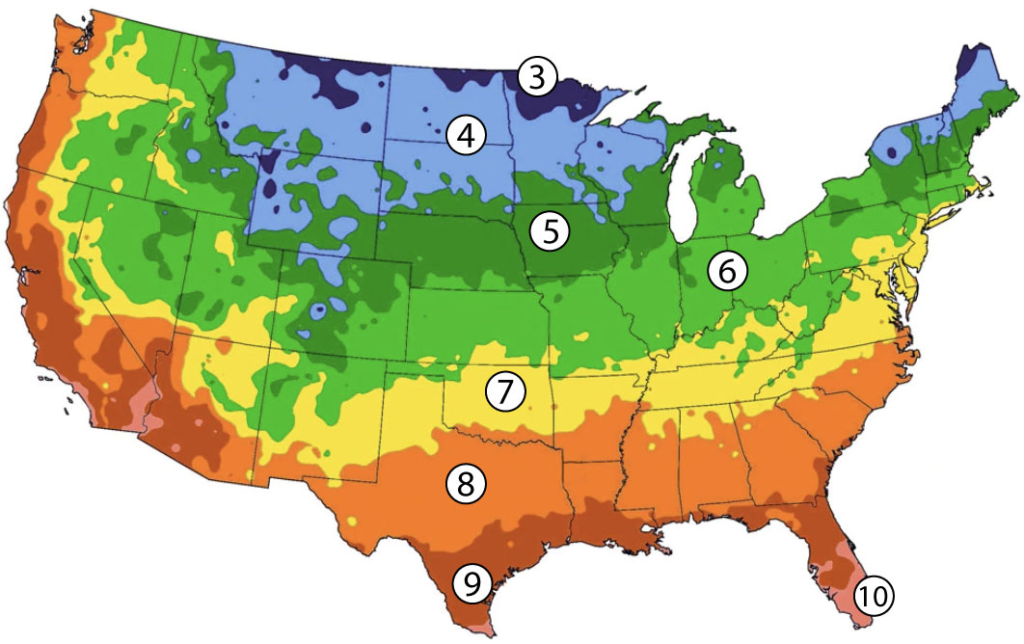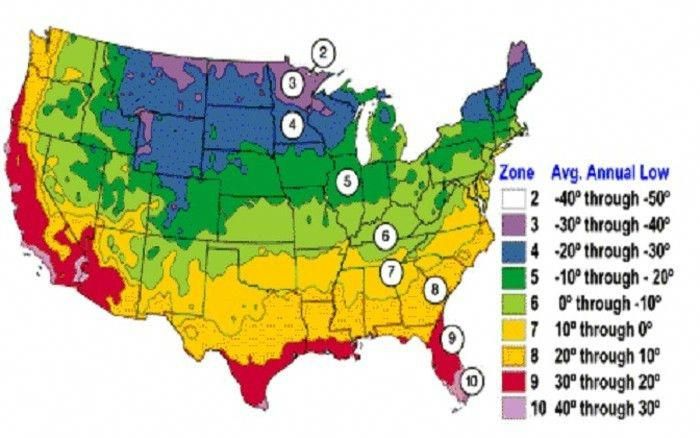What Gardening Zone is NJ?

New Jersey offers garden enthusiasts numerous gardening opportunities. But due to its vast geography, understanding your growing conditions accurately is vital. Enter USDA growing zones New Jersey. An intuitive mapping system dividing North America into zones based on average winter minimum temperatures that enable gardeners to choose plants specifically adapted to each zone’s climate for year-round success in gardening. But What gardening zone is NJ? or what USDA zone is new jersey?
Understanding USDA Plant Hardiness Zones in New Jersey for Gardening Opportunities
New Jersey comprises four USDA Hardiness Zones. Each one offers various opportunities for gardening success. Let us understand their significance:
Zone 6a (average minimum temperature: -10degF to -5degF)
Situated in the northernmost regions, this zone experiences some of the coldest winter temperatures. Plants suitable for this zone must withstand harsh winter conditions – these could include
- spruce trees
- lilacs
- Certain berry bushes such as blueberry
Zone 6b (average minimum temperature: -5degF to 0degF)
With its broad geographic coverage encompassing both northern and central New Jersey, this zone features a diverse selection of plants such as
- butterfly bushes
- ornamental grasses
- perennial flowers
- various other perennial species
Zone 7a (average minimum temperature: 0degF to 5degF)
As one moves southward, temperatures become increasingly milder and comfortable conditions become the norm for growing plants that prefer slightly milder winter conditions, like
- Hydrangeas
- Roses
- Tomatoes
- Peppers
Zone 7a spans central and southern New Jersey accommodating these kinds of vegetation that prefer slightly milder conditions like these plants do.

Zone 8a (average minimum temperature: 10degF to 15degF)
Representing coastal regions along the southern U.S. states, this warmest zone invites experimentation with hardier plants like
- citrus trees
- palm varieties
- aromatic herbs such as rosemary
Remember: Zones provide the basis, while microclimates differ significantly within any one location. Therefore, to make informed plant selection decisions in your garden.
Beyond Zoning: Other Considerations for NJ Gardeners
Zones alone do not make for an effective New Jersey garden. There are other factors which influence its success as well. For example:
- Microclimates: Buildings, water bodies and slopes all can create microclimates distinct from general zones; as such it is important to observe them and adapt plant selection accordingly.
- Rainfall: New Jersey experiences varied rainfall throughout its state, which allows you to research local averages to select plants suitable for the available water in your region.
- Assess Sunlight Exposure in Different Garden Areas: Evaluate sunlight levels across various garden spaces to meet each plant’s light requirements accurately.
Learn about Kohlrabi Splitting: Why Does It Happen and What Can You Do?
The Bottom Line!
If you need zone clarification, new jersey USDA zone, USDA plant hardiness zones new jersey, What zone is NJ, or plant advice, Gardening Habits has got your back!
Our New Jersey gardeners can rely on us for zone insight, plant recommendations, expert tips and much more. Join us and build your thriving garden together!
Ciara Konhaus

I’m Ciara and I’m a gardener and agricultural educator in zone 6b. I’ve farmed and gardened all over the Appalachian mountains and love to empower people with the tools they need to start their own gardens.
